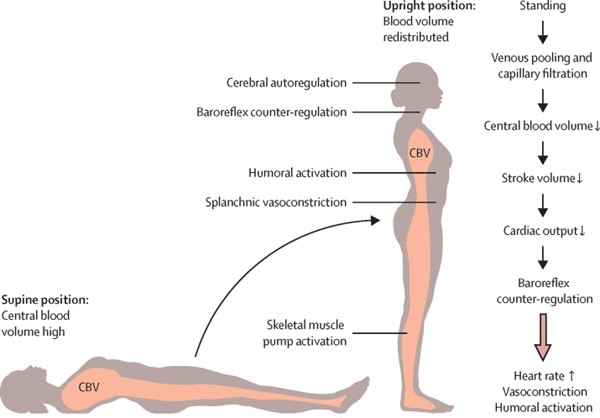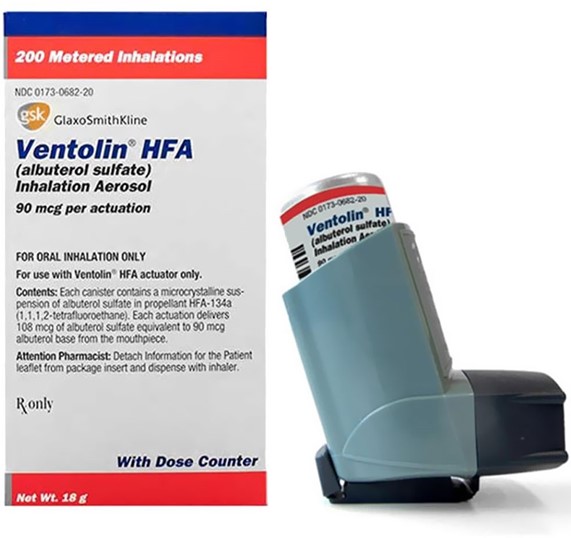A nurse is caring for a client who has hypertension and is to start taking Atenolol.
The nurse should instruct the client to monitor which of the following findings is an adverse effect of this medication.
Constipation.
Postural hypotension.
Dermatitis.
Cardiac arrest.
The Correct Answer is B
Postural hypotension is a potential adverse effect of atenolol.
It can cause dizziness, faintness, or lightheadedness when getting up from a lying or sitting position suddenly12.

Choice A, Constipation, is not the correct answer because it is not a commonly reported adverse effect of atenolol.
Choice C, Dermatitis, is not the correct answer because it is not a commonly reported adverse effect of atenolol.
Choice D, Cardiac arrest, is not the correct answer because it is not a commonly reported adverse effect of atenolol.
Nursing Test Bank
Naxlex Comprehensive Predictor Exams
Related Questions
Correct Answer is ["A","C"]
Explanation
A client who has an understanding of the manifestations of hyperglycemia would know that their breath may have a fruity odor.
This is due to the presence of ketones, which are produced when the body breaks down fat for energy instead of using glucose.
Choice A is also correct.
Blurry vision can be a symptom of hyperglycemia.
High blood sugar levels can cause the lens of the eye to swell, leading to changes in vision.
Choice B is incorrect because hyperglycemia can cause an increase in appetite, not a decrease.
Choice D is incorrect because hyperglycemia can cause an increase in thirst, not a decrease.
This is due to the body’s attempt to flush out excess glucose through increased urination, which can lead to dehydration and increased thirst.
Correct Answer is ["B","C","D"]
Explanation
Albuterol is an inhaled medication that can quickly relieve the symptoms of asthma.
Classified as a short-acting beta-agonist (SABA) and bronchodilator, albuterol relaxes the muscles in your airways that tighten during an asthma attack.
This causes the airways in the lung to increase in size, which allows air to move more freely through them1.
This can help prevent wheezing, open airways and decrease coughing.

Choice A: The medication will increase the amount of mucus is not a correct answer because albuterol does not increase the amount of mucus.
Whether you are a student looking to ace your exams or a practicing nurse seeking to enhance your expertise , our nursing education contents will empower you with the confidence and competence to make a difference in the lives of patients and become a respected leader in the healthcare field.
Visit Naxlex, invest in your future and unlock endless possibilities with our unparalleled nursing education contents today
Report Wrong Answer on the Current Question
Do you disagree with the answer? If yes, what is your expected answer? Explain.
Kindly be descriptive with the issue you are facing.
